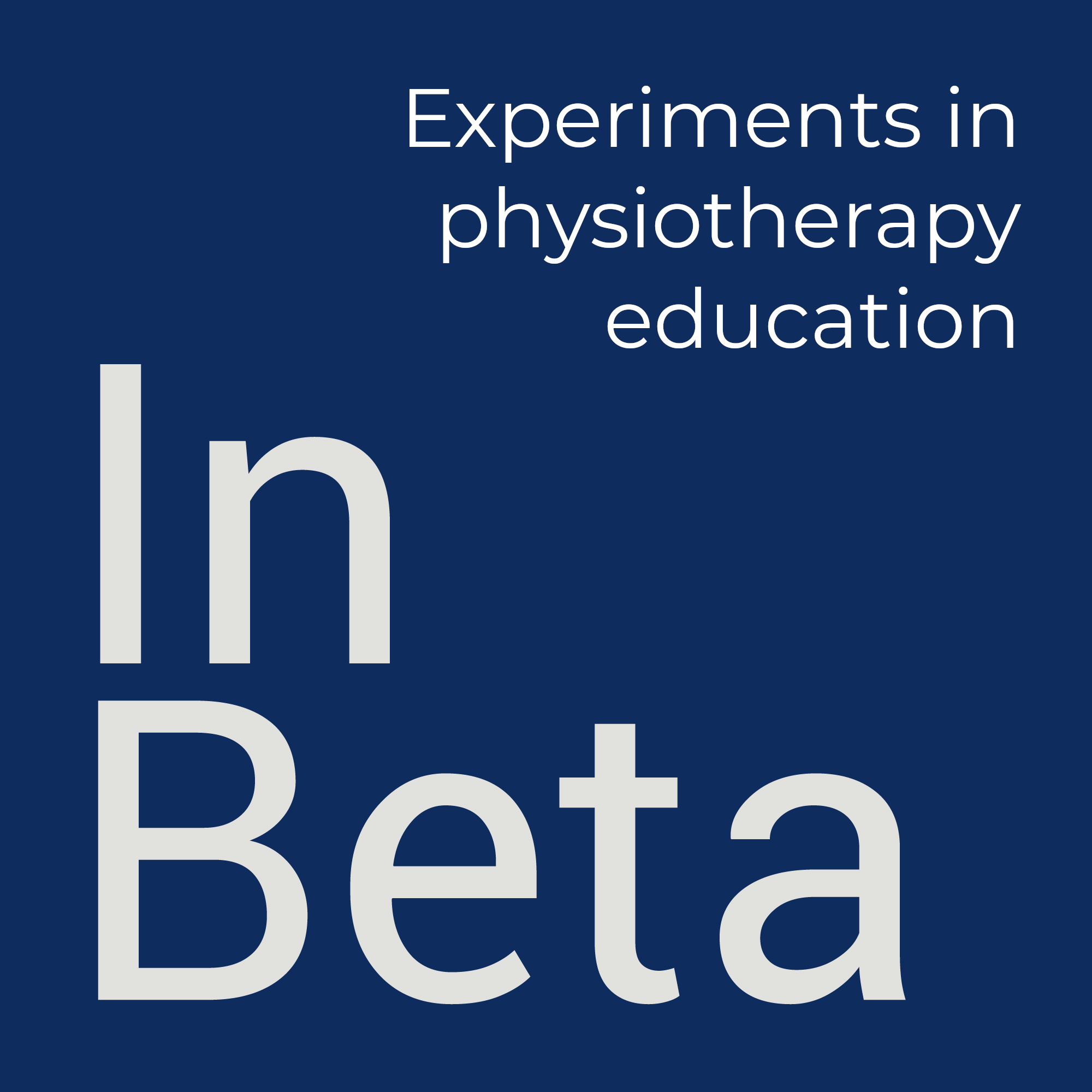…in a world where managerial pressure seeps into our writing, mainstream media oversimplification, and hostile anti-science discourse, there is something wonderfully freeing and exciting about scholarly podcasting.
Ian Cook (2023)
Introduction
I’ve been working on a podcast project at work and so have been thinking about podcasting more often than usual. I keep bringing it up as a legitimate form of scholarship, and am still surprised at how few colleagues think of it as something that can even be ‘academic’.
I think most people recognise that podcasts are a viable form of disseminating scholarly ideas, but few see it as a form of scholarship in its own right. A few years ago, I wrote a post called What does scholarship sound like?, where I explored some ideas around a podcast workflow that might be considered ‘academic’. If anything, I’ve only become more convinced that podcasts are viable academic outputs, eligible for inclusion in promotion and grant applications.
What do you think about the idea of academic podcasting? Might it be a good use of your time? Or is it little more than a distraction, taking attention away from publication and other more legitimate forms of scholarship?
Podcast
Johal, A. (n.d.). Podcasting as Scholarship (No. 72). Below the Radar podcast.
With the rise of podcasting as a forum for academic conversations and as a teaching tool, Hannah McGregor of SFU’s Publishing department set out to investigate — and enact — podcasting as a form of scholarly communication, knowledge mobilization, and open pedagogy. Hannah is in conversation with host Am Johal about her research into the exciting potentials of scholarly podcasting, and the power of the podcast as a grassroots, decentralized medium.
I love the idea of podcasts as a ‘grassroots, decentralized medium’. There are few barriers to setting up a podcast, and with a little effort, you can be up and running in no time. If there’s a gap in your academic discipline that you think you can fill, podcasting may be a way to reach more people, more quickly, and have more impact, than any paper you write.
Article
Initially conceived as a platform for showcasing excellence in scholarly teaching and for extending the reach of educational development efforts to a wider audience, a Canadian, campus-based podcast series both achieved and surpassed its own goals. In this article…an educational developer recounts the process and reflects on the outcomes of a podcast series on university teaching and learning. Offering a behind-the-scenes view, this reflective and instructive article tells the story, through the eyes of an educational developer who…proposed, designed, hosted, and co-produced a podcast series on teaching practices in higher education… This article outlines the process for developing a podcast series, highlights key considerations for those interested in developing their own podcast series, reflects on the application of podcasting within the context of faculty development, and explores the potential reach of podcasting as a faculty development approach.
I’m in the process of setting up a faculty development podcast series at work, and this article was especially useful in informing that process.
Resource
Snipd podcast app (Android, iOS)
One of my biggest issues with podcasts is that I often want to extract information from the episode, and save the text into my notes for later processing. But because I’m usually listening to podcasts while I’m doing something else (driving, mowing, etc.) it’s often really inconvenient to capture the information.
Enter Snipd:
Snipd is a Swiss startup building a podcast app that uses AI to transcribe content and synchronize with note-taking apps, automatically generate book-style “chapters” and…deliver podcast highlights in a TikTok-style personalized feed.
To be honest, I’m not convinced the frictionless extraction of transcribed speech into a note-taking app is a good solution for me. It’s not unusual for me to read the transcripts and wonder why I thought the passage was important enough to snip. It’s also so easy to snip pieces of the conversation that I find myself doing it more often than is necessary, so I end up with a lot of extracted text, which I still need to make sense of.
Having said that, if academic podcasting is going to have an impact, we’ll need workflows that enable us to extract information from audio, and Snipd is one of the apps making progress in this area. You can read more about the features in this TechCrunch article, the company Twitter account, or their YouTube channel.
